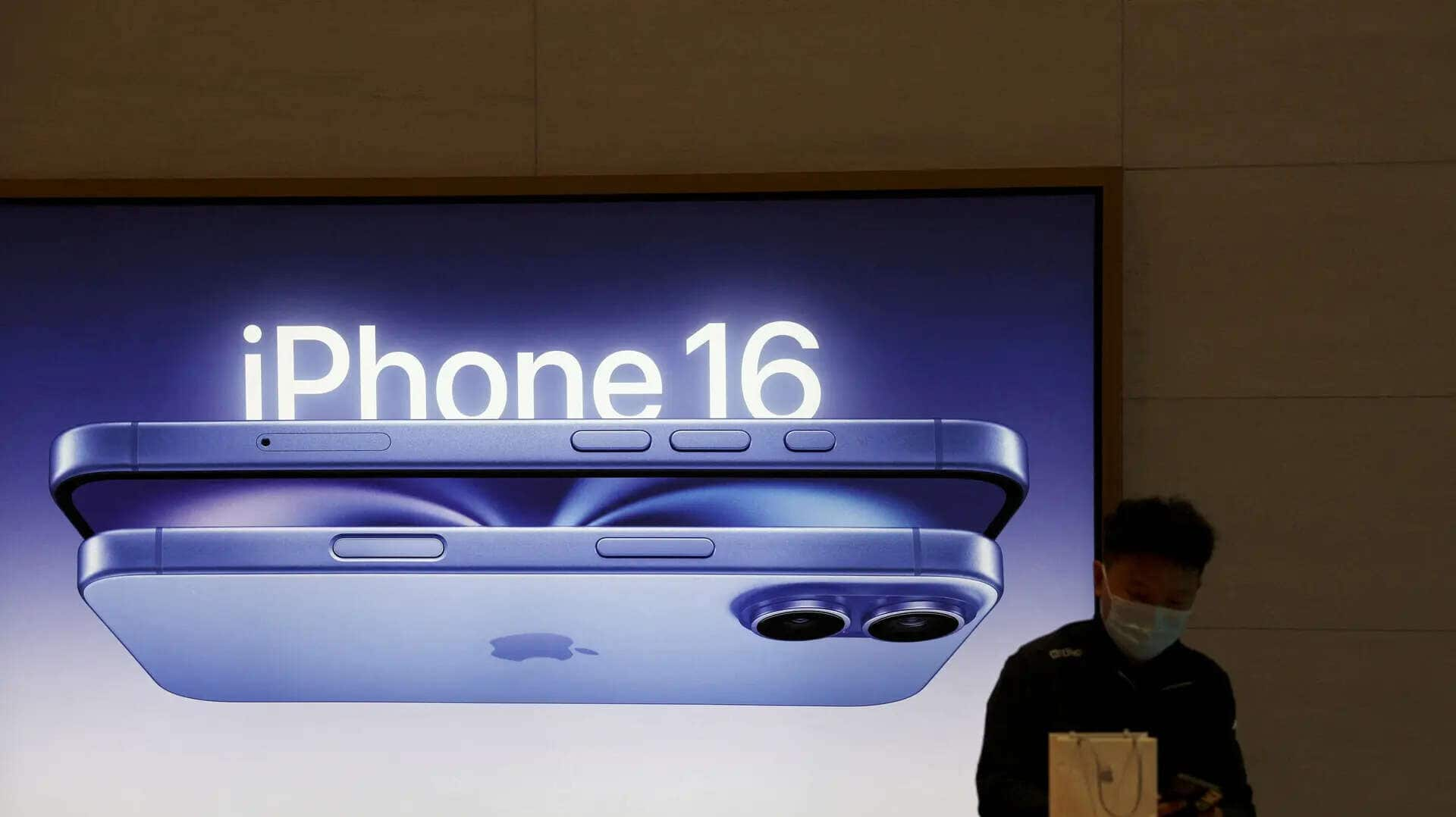
Indonesia rejects Apple's $1B investment offer, maintains iPhone 16 ban
What's the story
Indonesia has decided to continue with a ban on the sale of Apple's iPhone 16, saying the tech giant's proposed $1 billion investment plan is insufficient. The plan involves building a local factory for AirTags, an accessory device. However, as industry minister Agus Gumiwang Kartasasmita said, this doesn't meet Indonesia's domestic content rules which require partial production of smartphones or their components within the country.
Compliance issues
Apple's proposal falls short of meeting local investment rules
Kartasasmita clarified that the Indonesian government has no grounds to issue the necessary local content certificates to Apple at this stage. These certificates are critical for the tech giant to sell its flagship device in Indonesia. He stressed that further negotiations between Apple and the Indonesian authorities are needed before such a certificate can be granted.
Sanction warning
Indonesia warns Apple of potential sanctions
The minister also warned Apple could be penalized for its continued non-compliance with Indonesia's local investment regulations. However, he said imposing sanctions would be the government's last resort. "We will look for other ways or options," Kartasasmita said, revealing a counterproposal has already been sent to Apple in response to its initial offer.
Negotiation efforts
Apple's executives in Jakarta for negotiations
Apple had proposed to set up a plant by early 2026 and commence production of AirTags, a device that permits users to track their belongings. This was revealed by investment minister Rosan Roeslani. In a bid to overturn the iPhone 16 ban which was imposed in October, company executives are now in Jakarta negotiating with the government on this investment proposal.